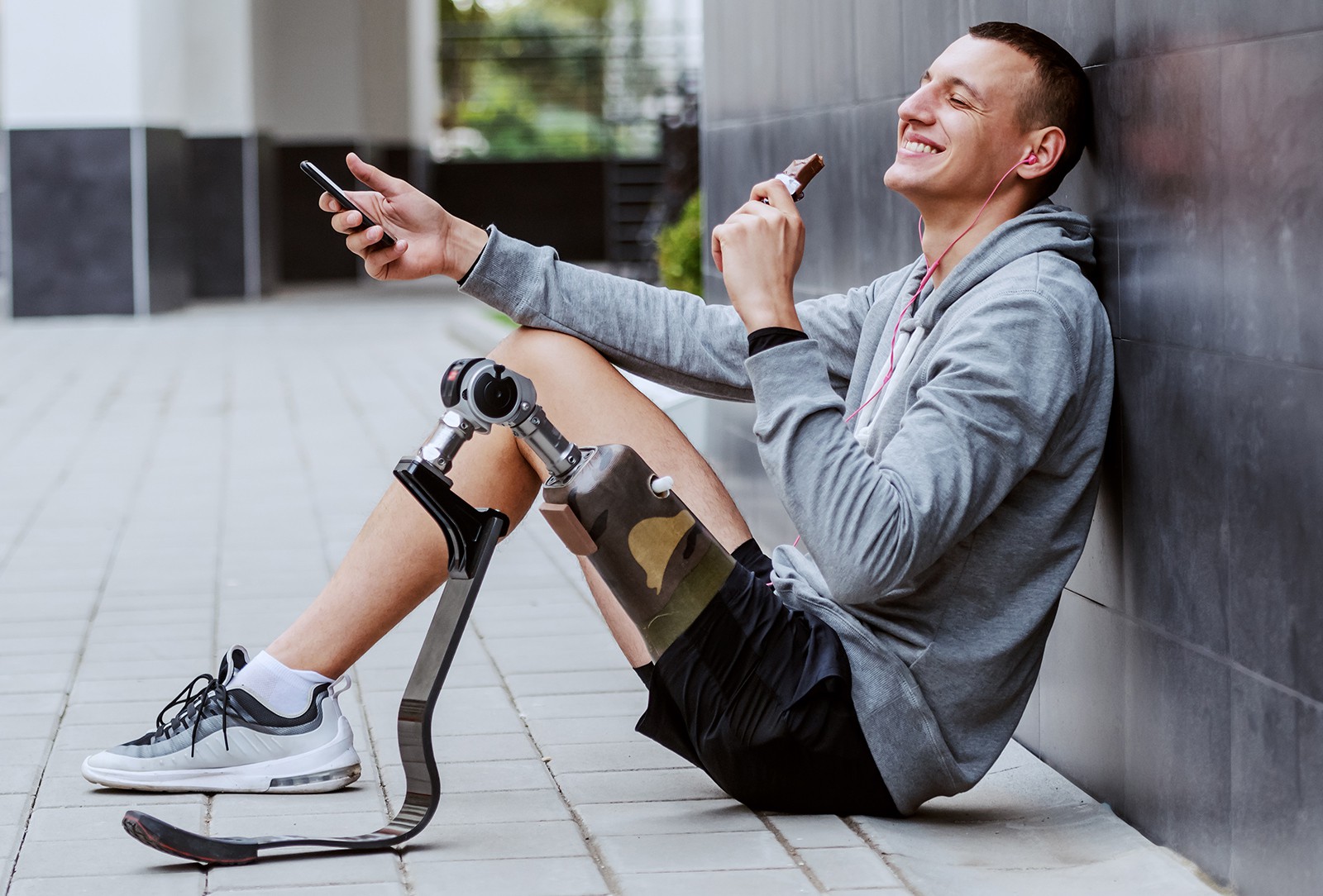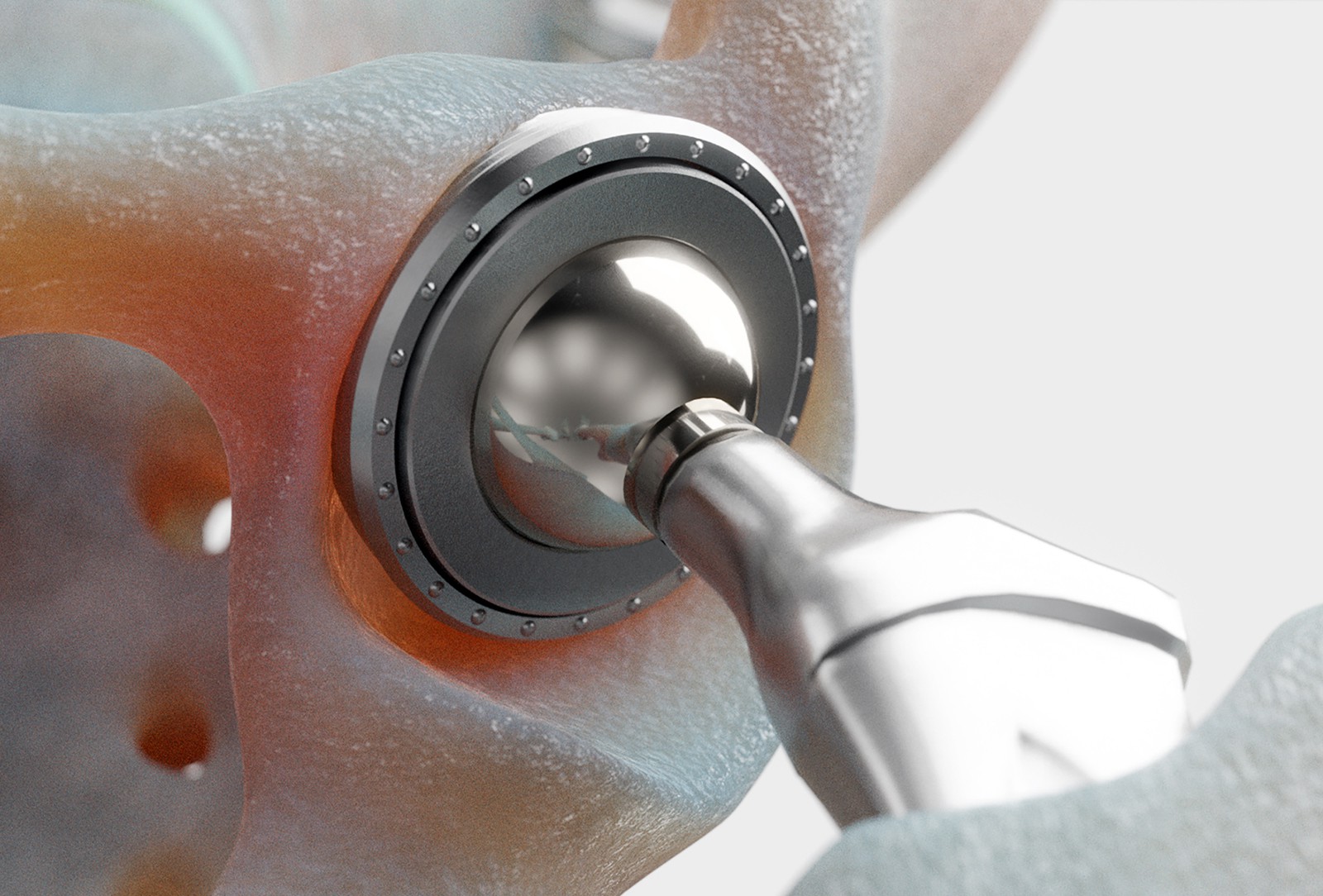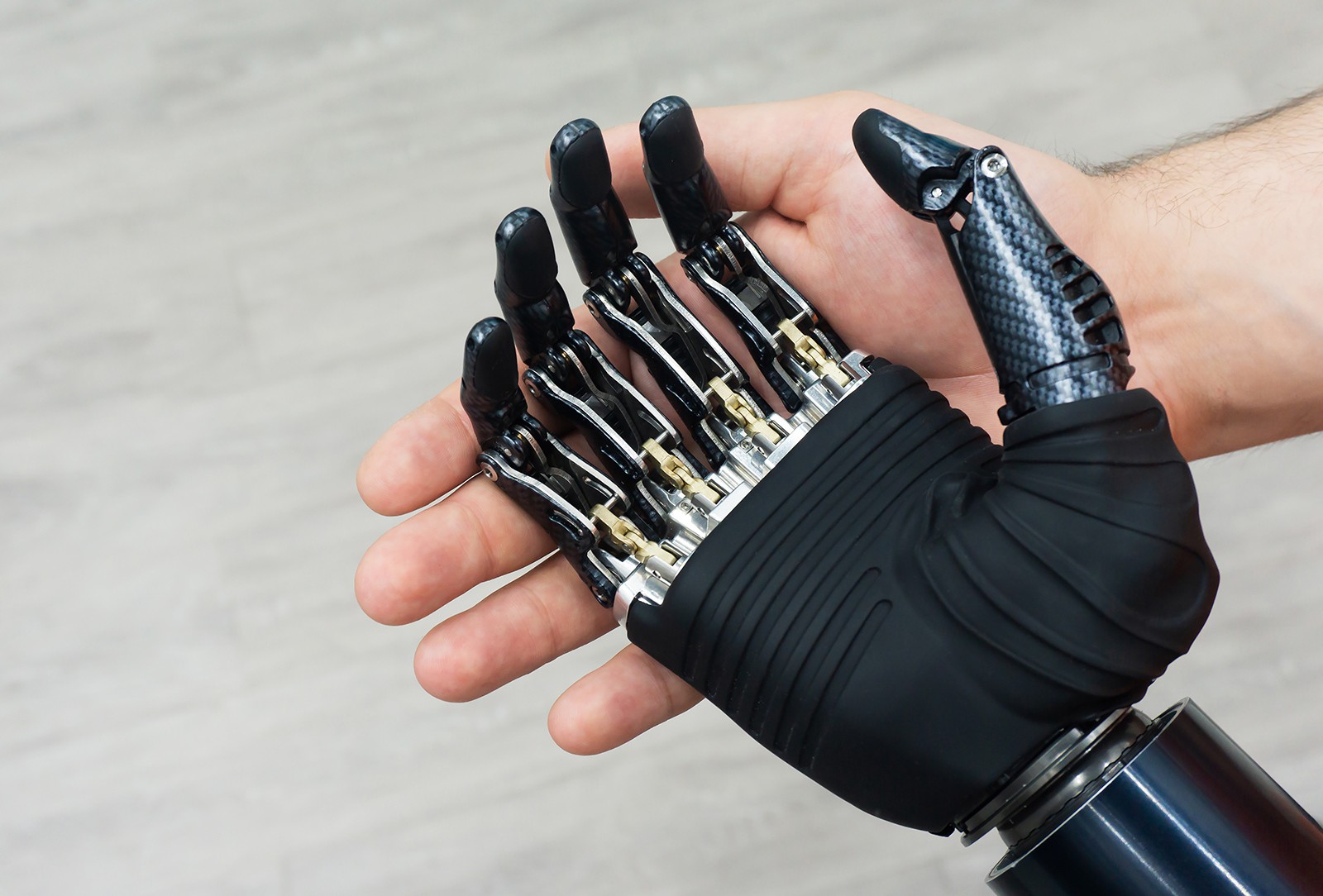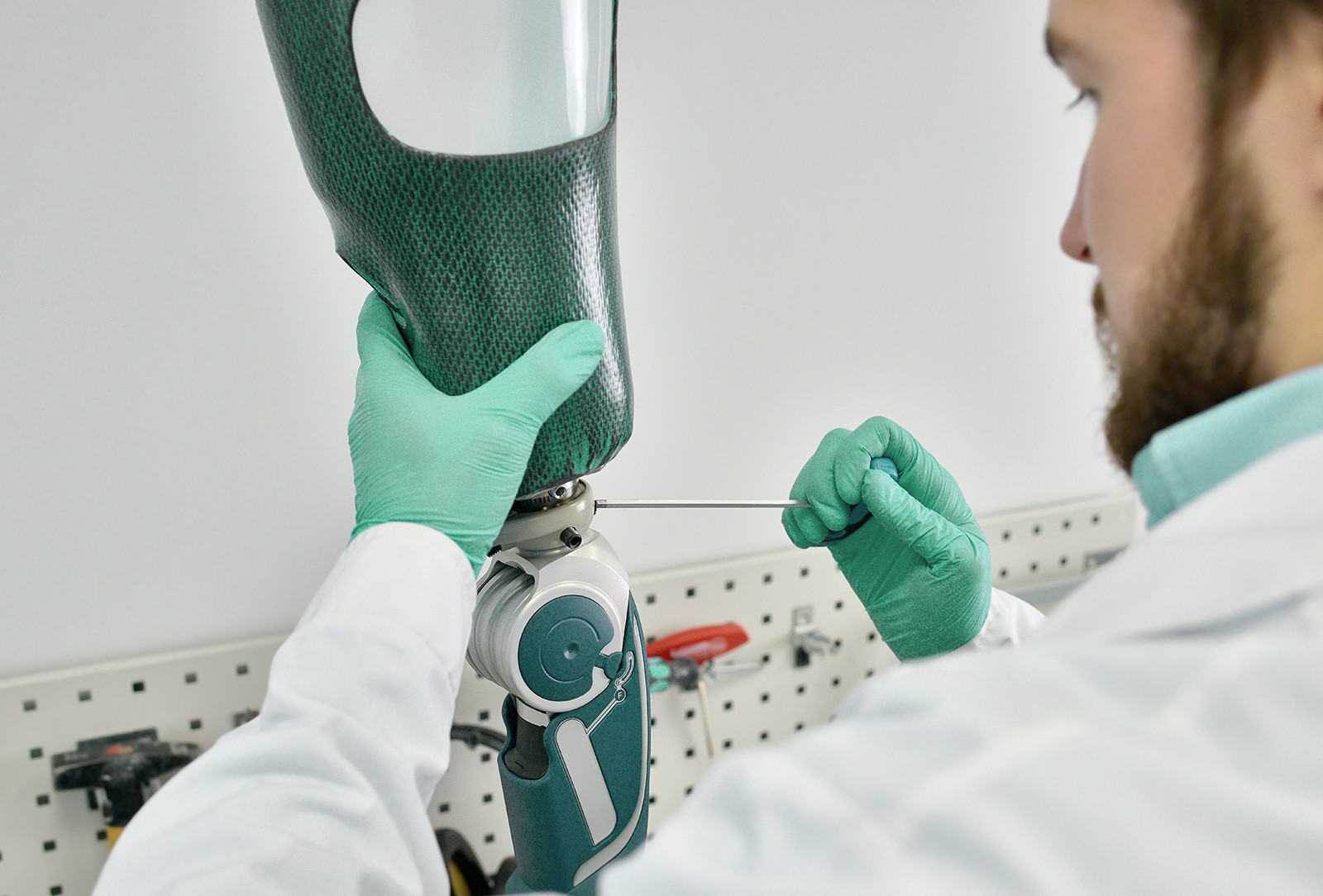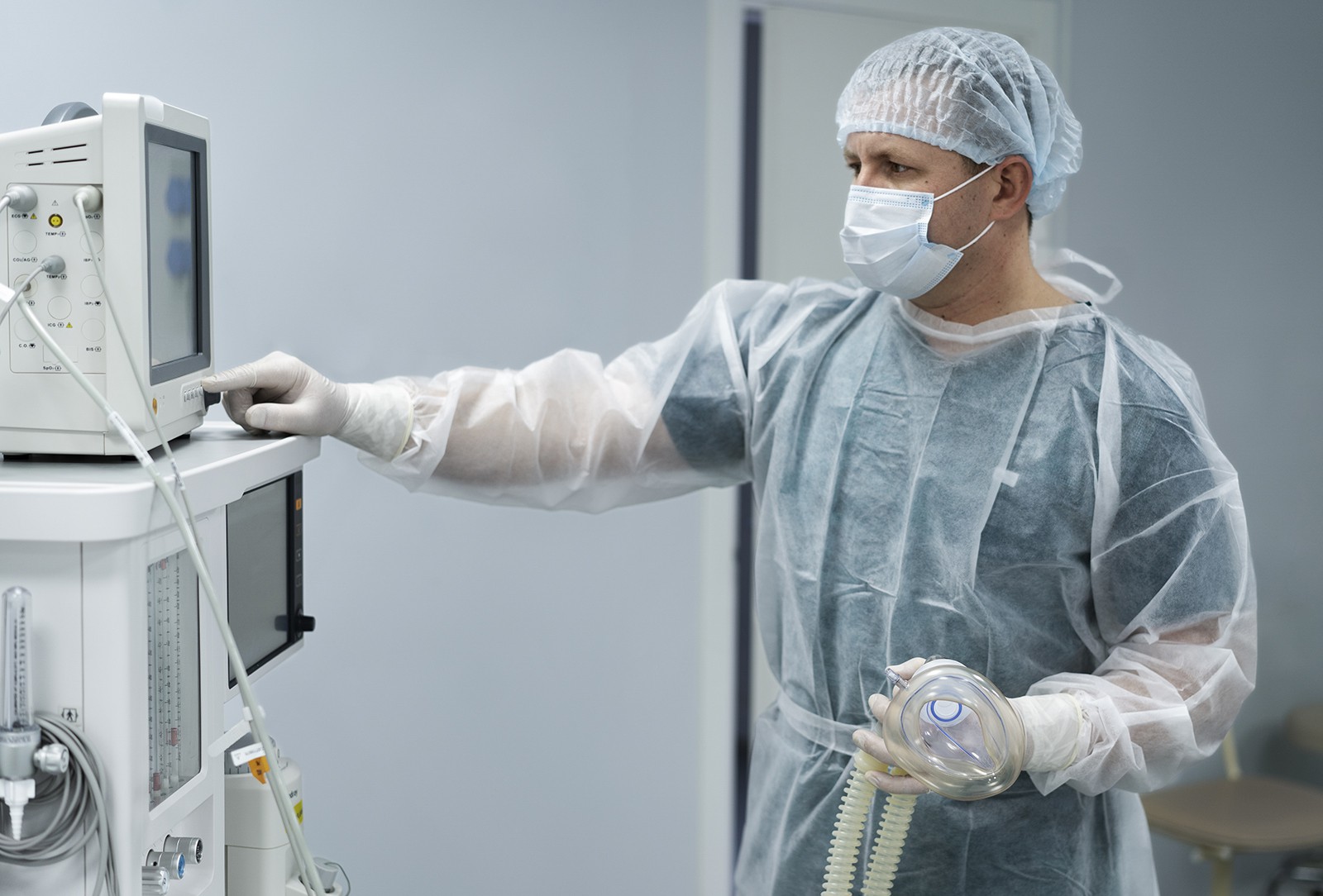 05Août
05Août
A Look into the Biomedical Interface
Prosthetics have been around for centuries, but the advancements in biomedical engineering have transformed the way we think about them. Prosthetics have evolved from simple wooden or metal limbs to complex bionic systems that can restore the abilities of amputees and even enhance human capabilities. With the rapid development of technology, the future of prosthetics in biomedical engineering is promising. Prosthetics have traditionally been viewed as a tool for restoring lost function, such as the ability to walk or grasp objects. However, with the advancements in technology, prosthetics can now …
